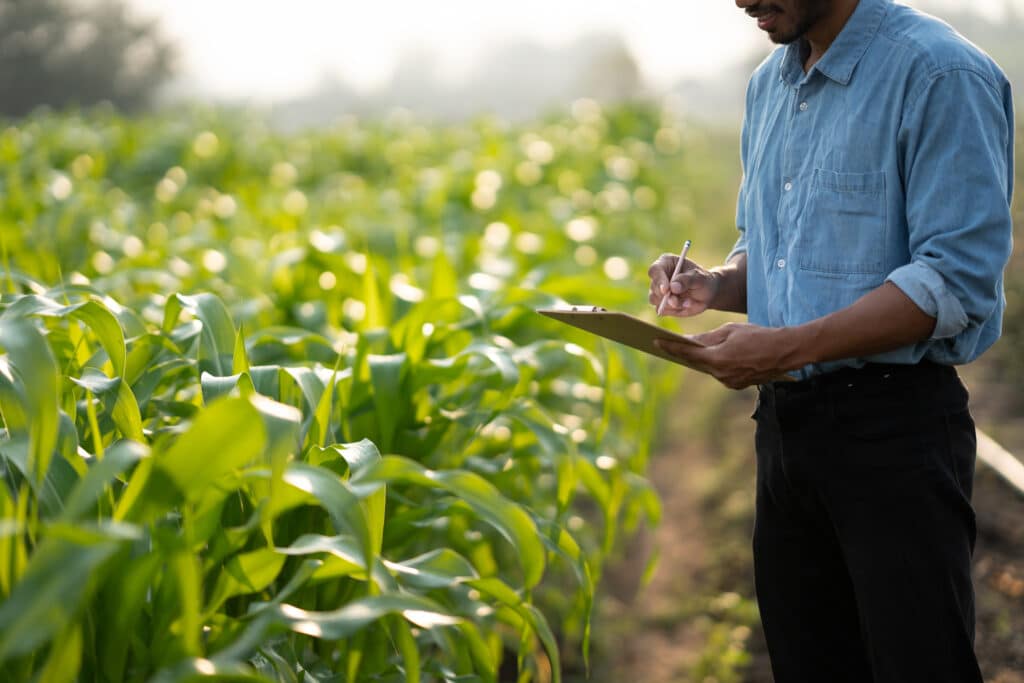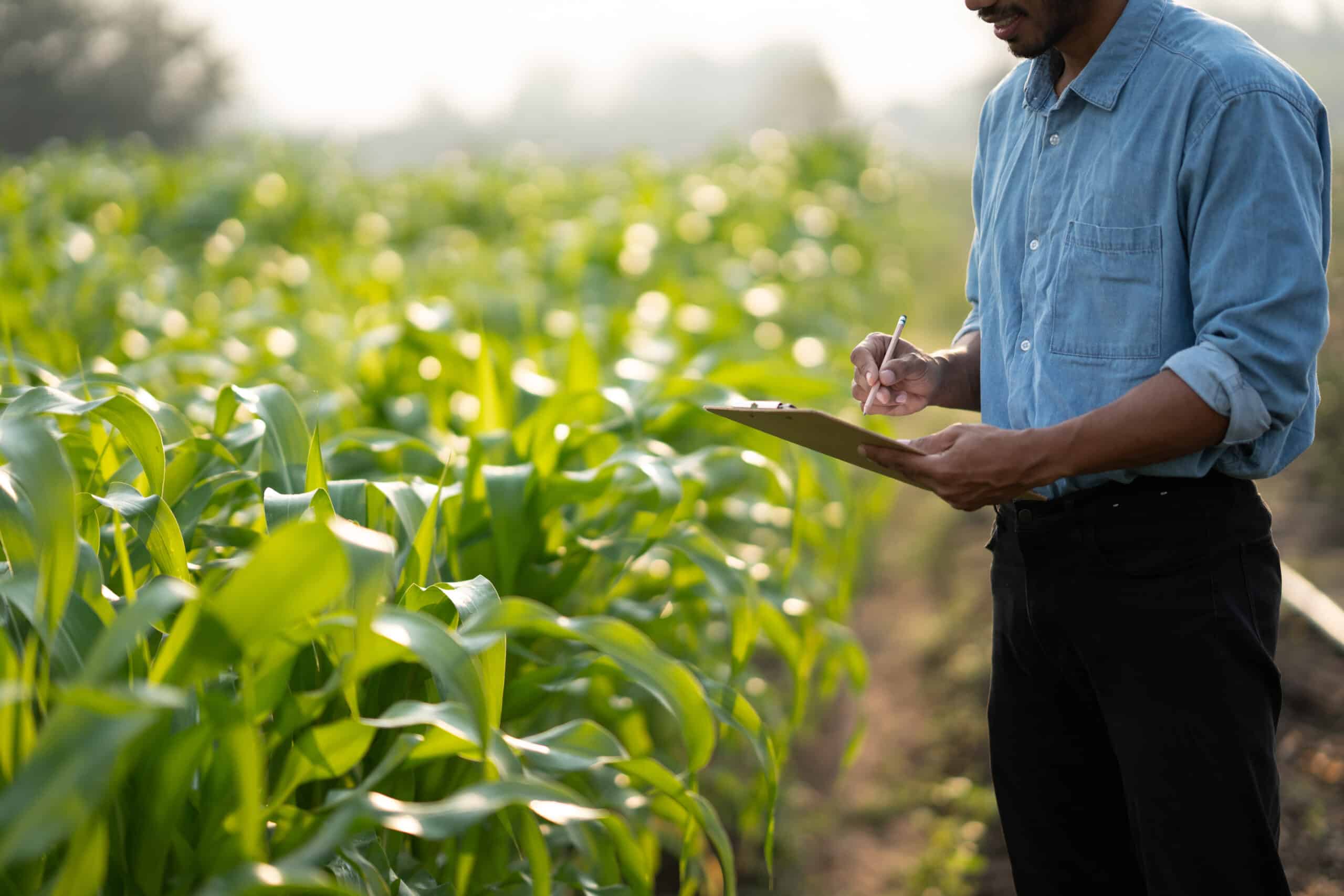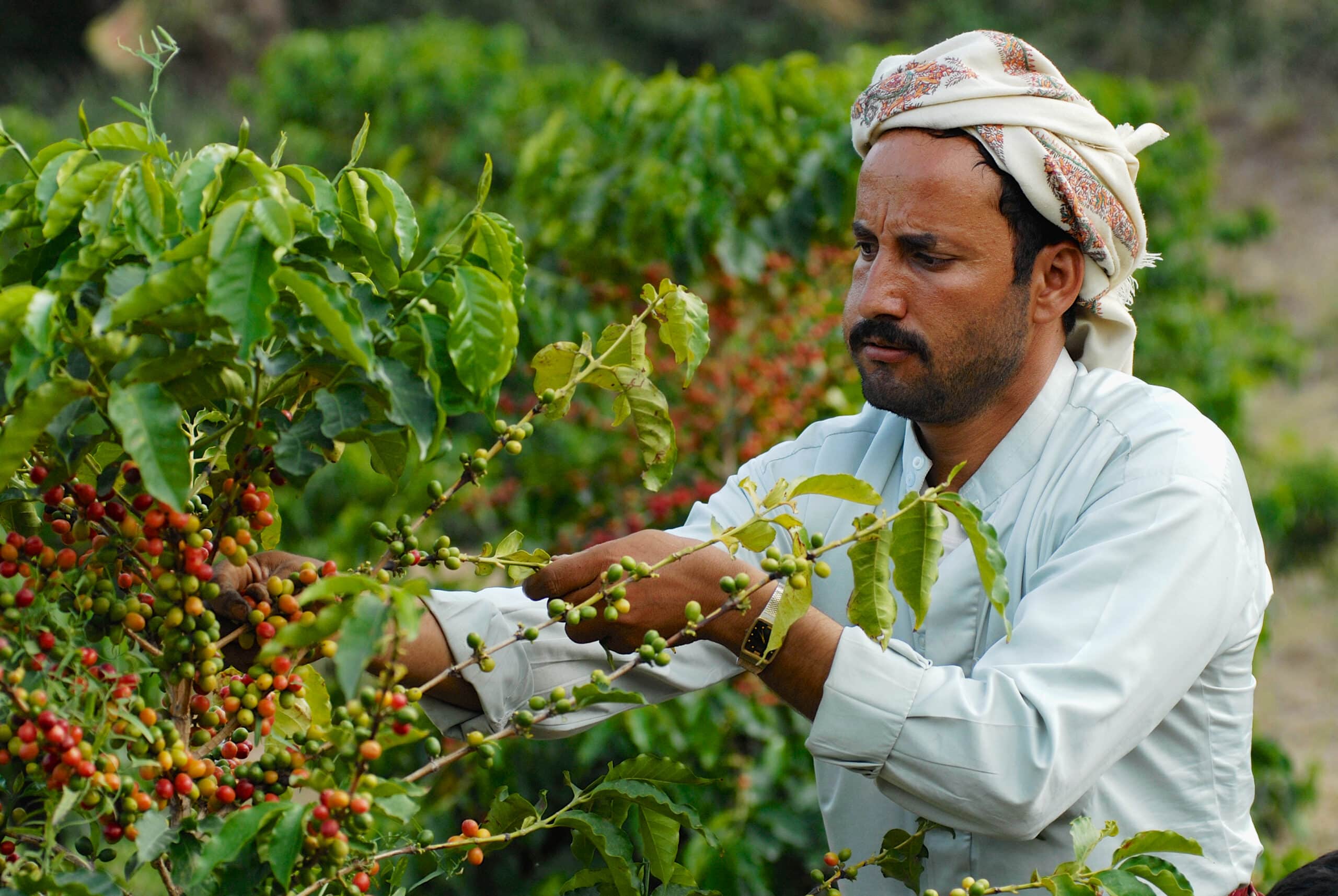Stephen Awuah, Senior Manager- SSA, Farrelly Mitchell looks at how countries in west and Sub-Sahara Africa are coping with the global coronavirus pandemic.
Not unexpectedly, considering wealthy, developed countries are struggling, countries with low per capita income like Burkina Faso, Niger and Mali are badly affected by COVID-19.
The reality of struggle in those countries is that the poor and vulnerable, whose means of survival are worsened by the pandemic, cannot afford basic food supplies and healthcare.
These countries need to put in place a smart contingency plan to quickly replenish their food stocks and make food available to those poor and vulnerable citizens at a controlled price to ensure their survival.
It is essential that those governments collaborate with financial institutions to develop low-interest loan products to support commercial farmers and farmer cooperatives.
These farmers and co-ops are then in a position to procure government-subsidised farm inputs to enable food production in the planting season with the goal to produce much-needed food to beef up their food buffer, should the pandemic prolong.
Ghana coronavirus update: Fast tracked regional plan required
Ghana, and other countries in the region who are in a stronger economic position, should consider assembling a joint regional team of experts under the leadership of ECOWAS to weigh the comparative advantages and crop-specific production potentials of each country in terms of food requirements for the rest of 2020.
Then put the outcome into a working plan to inform regional food production and subsequent distribution across countries.
It is an evolving situation and news emerged this week of potential medicinal breakthroughs. There is much speculation about the use of a combination of Hydroxychloroquine and Zinc tablets to treat the virus.
It this proves effective, it would speed up recovery of those infected by the virus, break the rate of new infections and return citizens to full normal life, broken economies can then be revived.
Such an outcome, though not yet clinically proven, would bring huge relief to the sector and food production could get back on track, curbing impending global hunger.
Harsh storage contingency lesson
Lessons will have to be learned as academics have warned that such pandemics may recur. The big lesson for Ghana and its regional neighbours is to strengthen their food buffer storage to ensure enough food is available for the populace during situations of uncertainty.
Secondly, Ghana should lead a regional food preservation initiative to develop structures and contingency plans to protect food harvest, storage, supply lines and distribution hubs across the sub region to ensure food is made available on the regional level in the event of a disaster like the coronavirus pandemic.
It is to be hoped that the next coronavirus update from Ghana includes evidence of recovery and threats to food security fended off.
Expert food security consultants
Amid the ongoing global health crisis, the importance of robust food supply chains and regional collaboration in West and Sub-Saharan Africa cannot be overstated. As some of the most harshly impacted regions, maintaining nutrition & food security has never been more pertinent.
Farrelly Mitchell empowers stakeholders to develop effective contingency plans, ensuring food security and supporting economic resilience. By fostering partnerships with financial institutions and leveraging our deep understanding of the agribusiness sector, our team aids in creating sustainable solutions for food production, sales and distribution, aimed at mitigating the impact of the pandemic and future crises on vulnerable populations.














